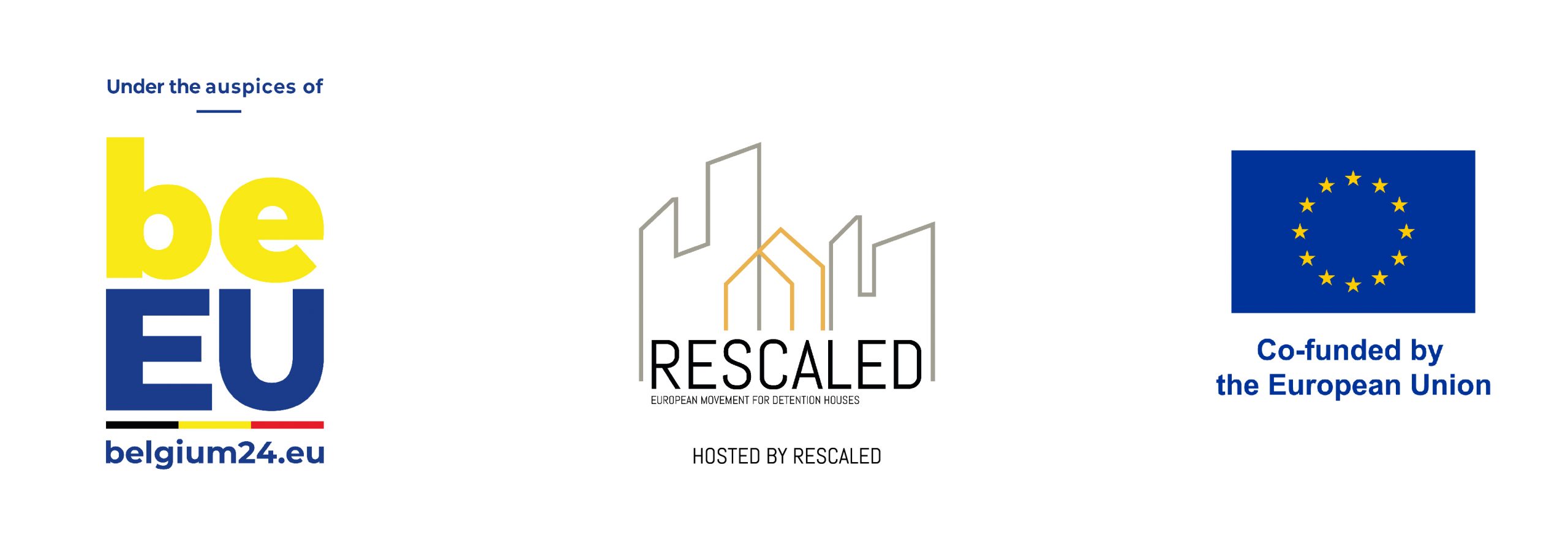“My mama always said life was like a box of chocolates. You never know what you’re gonna get.”
– Forrest Gump
SOCIAL RESPONSIBILITY
Social responsibility refers to (voluntary) actions taken by individuals, organisations, and communities to contribute to the overall well-being of society. Social responsibility encompasses a wide range of activities and initiatives aimed at addressing social, economic, and environmental challenges. It involves a commitment to consider the interests of other people and actively contribute to sustainable development. An effective way to be socially responsible is through a social enterprise, which is a business or organization that prioritizes social or environmental objectives along with financial goals. The primary aim of a social enterprise is to address and solve social or environmental issues while sustaining itself economically. Unlike traditional businesses that focus solely on profit maximization, social enterprises aim to create positive social change and impact.
core questions
01.
How can a detention house be self-sufficient?
02.
In what ways can volunteering play a role in the relationship of a detention house and its community?
03.
How can a detention house contribute to the Sustainable Development Goals?

SOCIAL RESPONSIBILITY
Social responsibility refers to (voluntary) actions taken by individuals, organisations, and communities to contribute to the overall well-being of society. Social responsibility encompasses a wide range of activities and initiatives aimed at addressing social, economic, and environmental challenges. It involves a commitment to consider the interests of other people and actively contribute to sustainable development. An effective way to be socially responsible is through a social enterprise, which is a business or organization that prioritizes social or environmental objectives along with financial goals. The primary aim of a social enterprise is to address and solve social or environmental issues while sustaining itself economically. Unlike traditional businesses that focus solely on profit maximization, social enterprises aim to create positive social change and impact.
Read More
Read Less
core questions
01.
How can a detention house be self-sufficient?
02.
In what ways can volunteering play a role in the relationship of a detention house and its community?
03.
How can a detention house contribute to the Sustainable Development Goals?
COMMUNITY
Meet colleagues across Europe pursuing the same goal. Contribute your knowledge to the community. Be the first to hear the latest developments on small scale forms of detention. Unlock your curiosity and become part of the RESCALED community.

Catarina Medeiros [Portugal] Catarina Medeiros holds a Master’s degree in Clinical and Health Psychology. She is a member of the Portuguese Psychologists’ Order, with clinical experience in hospital and school settings. Formerly a project coordinator in educational projects, currently responsible for the employability and social support area at RESHAPE. Manages programs in prison settings with people in detention and provides support at the Sociolaboral Insertion Office, aiding formerly incarcerated people and their families. For more information: catarina.medeiros@reshape.org

Marlies Gailliaert [Belgium] Marlies Gaillaert worked for nine years as a social worker for CAW Noord-West Vlaanderen in the prisons of Bruges and Ruiselede, counseling inmates. In 2017, she switched to victim-offender mediation for juvenile offenders in Ghent, Oudenaarde and Dendermonde. As a member of De Huizen since 2019, she took on the role of Belgium Coordinator for Rescaled in 2020, in addition to her ongoing work. For more information: marlies@dehuizen.be

Erica Micallef Filletti [Malta] Erica Micallef Filletti is a criminologist at RISe Foundation Malta whereby she works with offenders still serving their prison sentences in relation to their responsivity throughout their reintegration experiences back into society. Erica also leads the team at IVY – Interrupting Violence towards Youth, taking a stance against domestic and intimate partner violence endured directly/indirectly by youth and young adults. For more information: emf@risemalta.org.mt

Akeem D'Elmin [Netherlands] Akeem D’Elmin is the director of Doorpakkers. He is a socially conscious entrepreneur with a distinct vision who seeks to contribute to healthcare through nonprofit initiatives. A leader who prioritizes connection and collaboration, characterized by a proactive approach to building. A strategic thinker with solid professional expertise in innovation and leadership. For more information: akeem@doorpakkers.com

Aina Vilcane [Latvia] Aina Vilcane is a senior probation officer at the EPPEA Association. She began her journey in prison education in 1998 and worked on several international projects. Starting in 2003, she worked as a prison officer and later as a probation officer. In 2013, she founded the Prison Educational Programs Association. Aina has several other interests, including teaching Russian, social pedagogy, and a passion for design and architecture, which enriches her multifaceted approach to her work. For more information: aina.vilcane@gmail.com
PART II. INDIVIDUAL
Human dignity and identity
Art. 6
Responsibility
- The detention house shall be an environment that actively encourages and supports taking responsibility and ownership of one’s person, actions and role within the detention house and community.
- The participation of residents in public life and public debates shall be encouraged to promote a greater sense of belonging to the community and responsibility for its future.
PART II. INDIVIDUAL
Meaningful time use
Art. 23
Right to work
- People in detention houses shall have the same labour rights as any other individual in society that is working and receiving wages.
- Work is an essential part of human life in a detention house. Work shall be an activity that allows people to support themselves, support others and support the needs of a wider community. Work shall be done in or outside the detention house.
- As soon as people leave a detention house, each individual should have the right to employment, with as few restrictions as possible as required by the government, municipality or other institutions.
- Work in a detention house shall be approached as a positive element of the methodology and shall never be used as a punishment.
- Detention houses shall strive to provide meaningful work that contributes to the nearby community.
- Detention houses shall choose a sustainable approach by focusing on employment that is sought after in the labour market. Continuity of employment after release has a positive impact on the distance-process.
Art. 24
Wage
- People in detention houses shall have the opportunity to earn a living for themselves and their families.
- People living in a detention house shall be paid wages as a crucial step to be part of society.
- People working in a detention house shall earn at least the minimum income, but wages should strive to be competitive, in other words, a salary that is comparable to other employers in the market.
Art. 25
Right to exercise and recreation
- All people in detention, including those subject to disciplinary punishment, shall be able to exercise and recreate.
- A detention house shall organise sports activities and recreation, which are an ideal opportunity for involving people in an important aspect of life in a detention house and for developing their social and interpersonal skills.
- A detention house shall provide sports activities as much as possible outside the detention house. If possible, people in detention shall make use of the sports facilities in society.
Art. 26
Right to participate in civic life
- People in detention houses remain citizens, and thus part of society at large. Detention houses shall allow people in detention to participate in, and contribute, to civic life, with the aim of feeling meaningful and part of society.
- Detention houses shall prioritise inclusiveness, universality, equality and participation. Inherent in these are the right to vote, contributing to public debate, making educated and informed choices, participating in community governance and becoming involved in wider civic society.
PART III. FACILITY
Time and time-use
Art. 50
A detention house shall be built and operated in order to pursue the maximum use of time and experience of time, such as people do in society. A stay in a detention house is not to deprive time, but to deprive liberty.
- Each detention house shall be adapted to the people living in the house, and thus to their pace.
THE EUROPEAN RULES ON DETENTION HOUSES
The European Rules on Detention Houses (ERDH) is a milestone document for the criminal justice system and reflects the larger impact of this system on society. Drafted by representatives with different legal and cultural backgrounds from all regions of Europe, the ERDH were launched on October 31st as common standards to implement small-scale, differentiated and community-integrated detention houses in the European Union, as part of a pivotal change already happening in criminal justice systems across Europe. The ERDH set out the ecosystem of a detention house on its own and as part of, and within a community and society, emphasizing sustainability. As the European Prison Rules have been common standards for large-scale prison institutions, the European Rules on Detention Houses shall form essential standards for detention houses, in order to guarantee a way of liberty deprivation that is humane and more fit for the 21stcentury.
European Rules on Detention Houses [ERDH]
THE EUROPEAN RULES ON DETENTION HOUSES
The European Rules on Detention Houses (ERDH) is a milestone document for the criminal justice system and reflects the larger impact of this system on society. Drafted by representatives with different legal and cultural backgrounds from all regions of Europe, the ERDH were launched on October 31st as common standards to implement small-scale, differentiated and community-integrated detention houses in the European Union, as part of a pivotal change already happening in criminal justice systems across Europe. The ERDH set out the ecosystem of a detention house on its own and as part of, and within a community and society, emphasizing sustainability. As the European Prison Rules have been common standards for large-scale prison institutions, the European Rules on Detention Houses shall form essential standards for detention houses, in order to guarantee a way of liberty deprivation that is humane and more fit for the 21stcentury.
PART II. INDIVIDUAL
Human dignity and identity
Art. 6
Responsibility
- The detention house shall be an environment that actively encourages and supports taking responsibility and ownership of one’s person, actions and role within the detention house and community.
- The participation of residents in public life and public debates shall be encouraged to promote a greater sense of belonging to the community and responsibility for its future.
PART II. INDIVIDUAL
Meaningful time use
Art. 23
Right to work
- People in detention houses shall have the same labour rights as any other individual in society that is working and receiving wages.
- Work is an essential part of human life in a detention house. Work shall be an activity that allows people to support themselves, support others and support the needs of a wider community. Work shall be done in or outside the detention house.
- As soon as people leave a detention house, each individual should have the right to employment, with as few restrictions as possible as required by the government, municipality or other institutions.
- Work in a detention house shall be approached as a positive element of the methodology and shall never be used as a punishment.
- Detention houses shall strive to provide meaningful work that contributes to the nearby community.
- Detention houses shall choose a sustainable approach by focusing on employment that is sought after in the labour market. Continuity of employment after release has a positive impact on the distance-process.
Art. 24
Wage
- People in detention houses shall have the opportunity to earn a living for themselves and their families.
- People living in a detention house shall be paid wages as a crucial step to be part of society.
- People working in a detention house shall earn at least the minimum income, but wages should strive to be competitive, in other words, a salary that is comparable to other employers in the market.
Art. 25
Right to exercise and recreation
- All people in detention, including those subject to disciplinary punishment, shall be able to exercise and recreate.
- A detention house shall organise sports activities and recreation, which are an ideal opportunity for involving people in an important aspect of life in a detention house and for developing their social and interpersonal skills.
- A detention house shall provide sports activities as much as possible outside the detention house. If possible, people in detention shall make use of the sports facilities in society.
Art. 26
Right to participate in civic life
- People in detention houses remain citizens, and thus part of society at large. Detention houses shall allow people in detention to participate in, and contribute, to civic life, with the aim of feeling meaningful and part of society.
- Detention houses shall prioritise inclusiveness, universality, equality and participation. Inherent in these are the right to vote, contributing to public debate, making educated and informed choices, participating in community governance and becoming involved in wider civic society.
PART III. FACILITY
Time and time-use
Art. 50
A detention house shall be built and operated in order to pursue the maximum use of time and experience of time, such as people do in society. A stay in a detention house is not to deprive time, but to deprive liberty.
- Each detention house shall be adapted to the people living in the house, and thus to their pace.
EUROPEAN RULES ON DETENTION HOUSES [ERDH]
European organisations
Publications
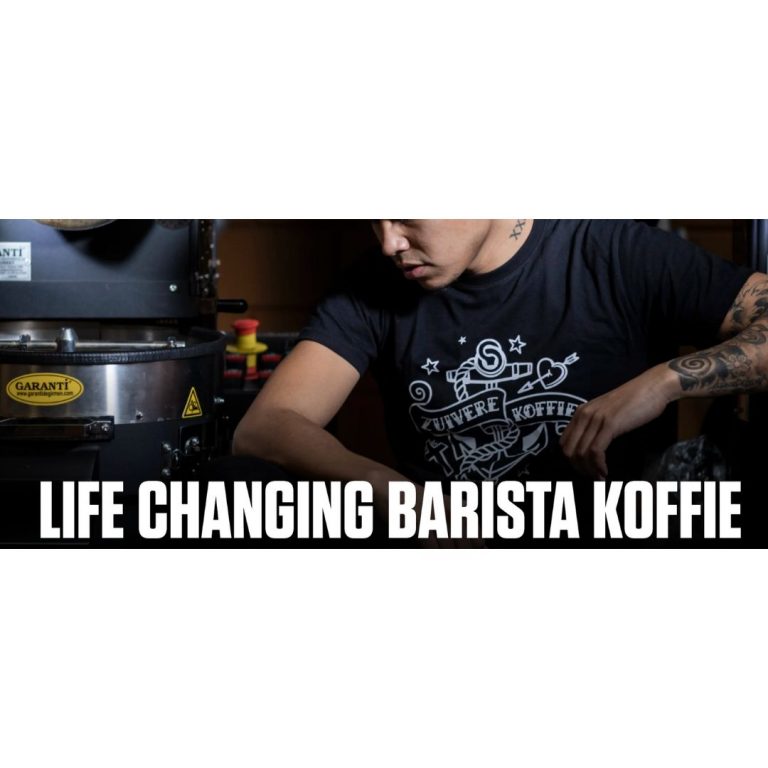
INSPIRATION
Pure Coffee: LIFE CHANGING BARISTA COFFEE

INSPIRATION
RESHAPE: Prison Insights
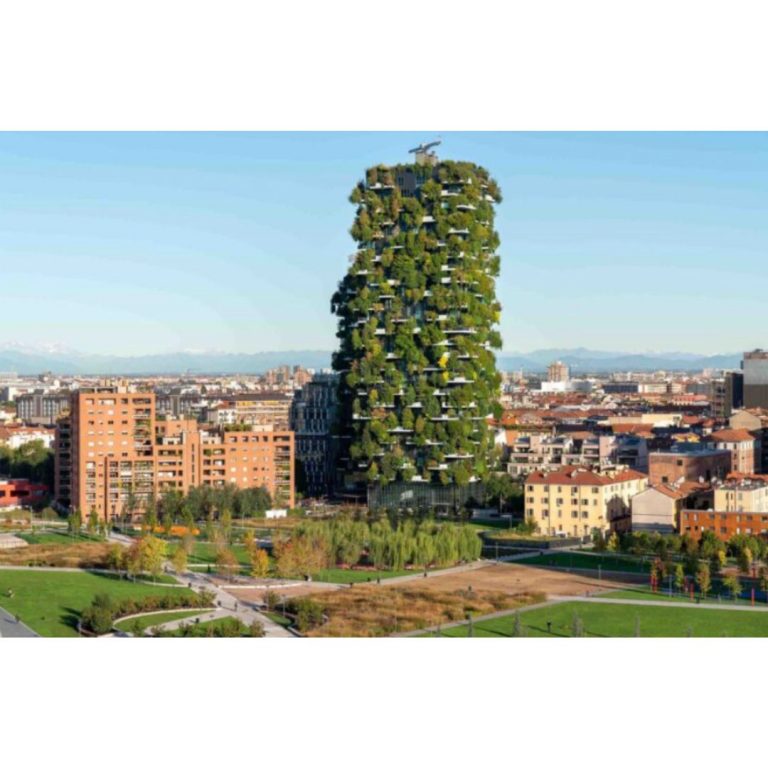
ARTICLE
Nature-Based detention Houses

ARTICLE
What is social responsibility?
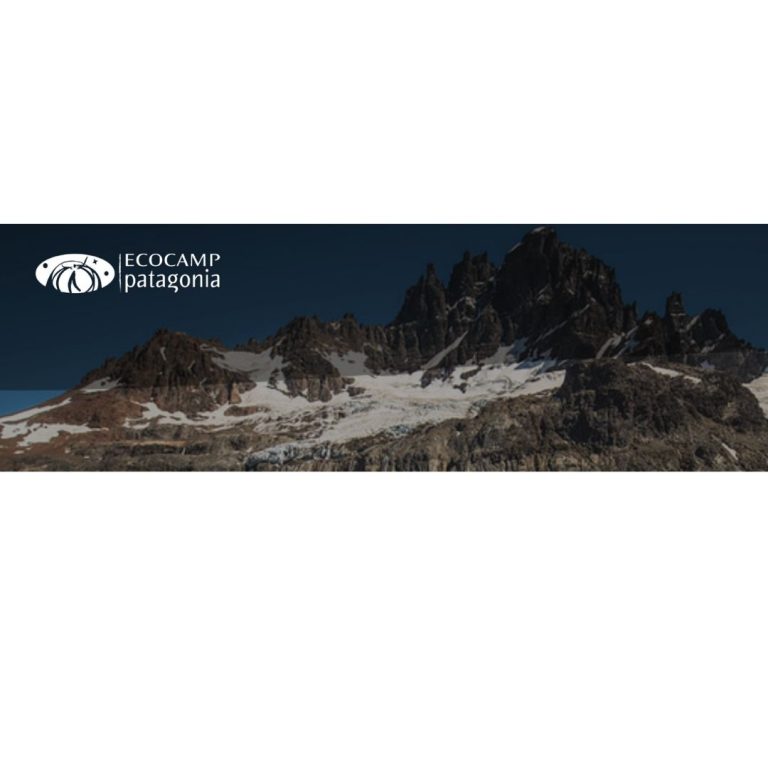
MEDIA
Discover 10 Reasons Why We Love Patagonia in South America
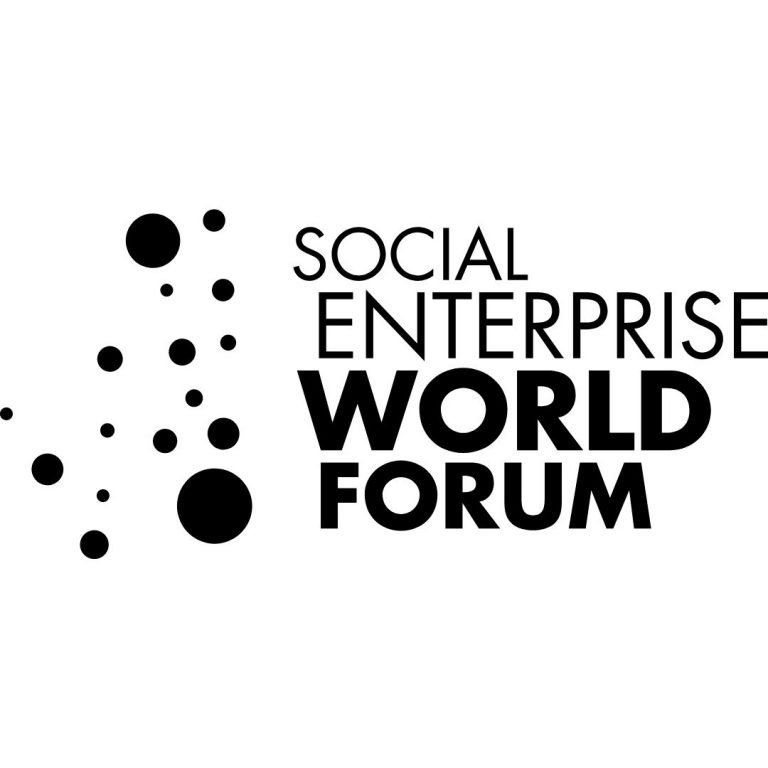
POLICY
Social Enterprise World Forum
Publications
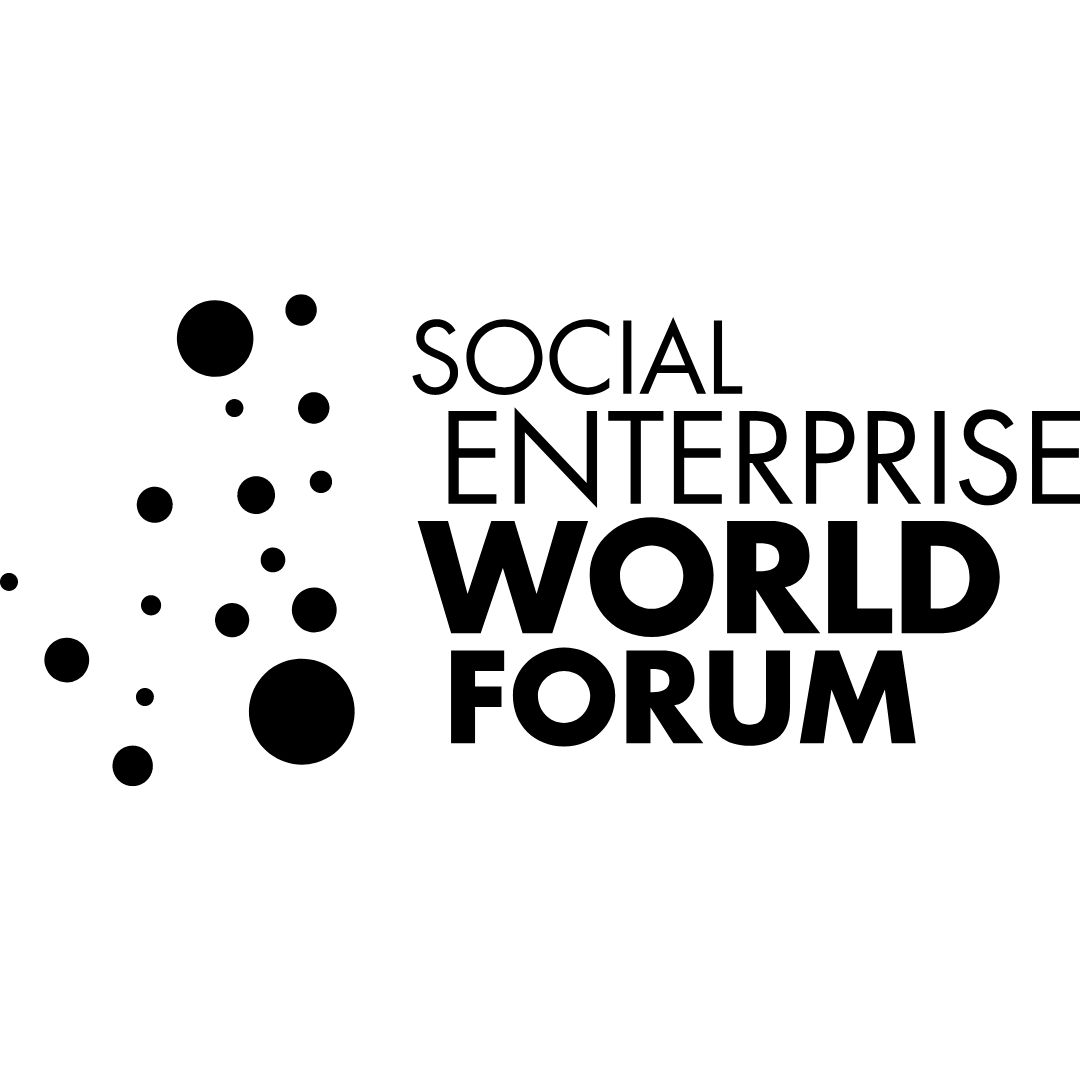
Social Enterprise World Forum
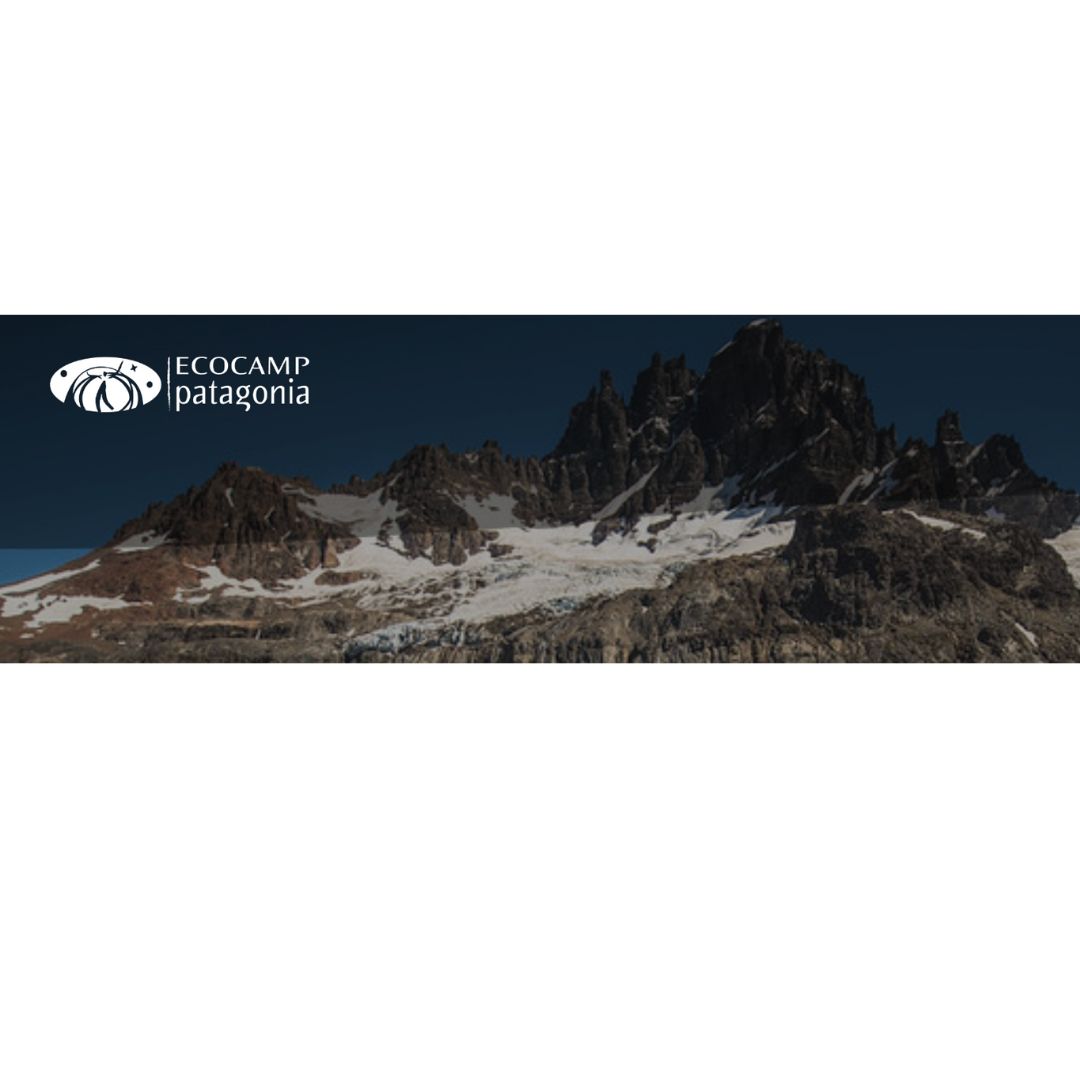
Discover 10 Reasons Why We Love Patagonia in South America

What is social responsibility?
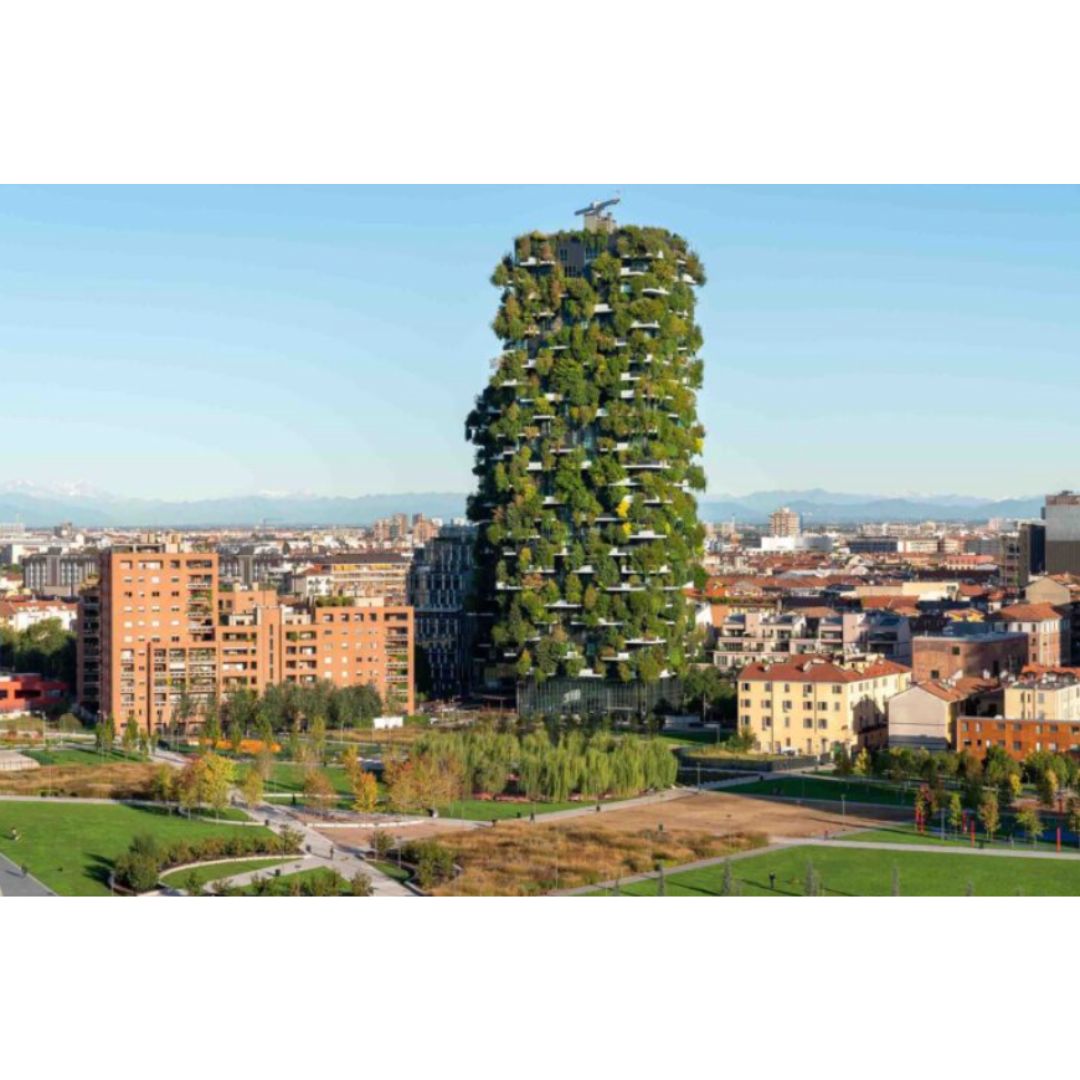
Nature-Based detention Houses

RESHAPE: Prison Insights
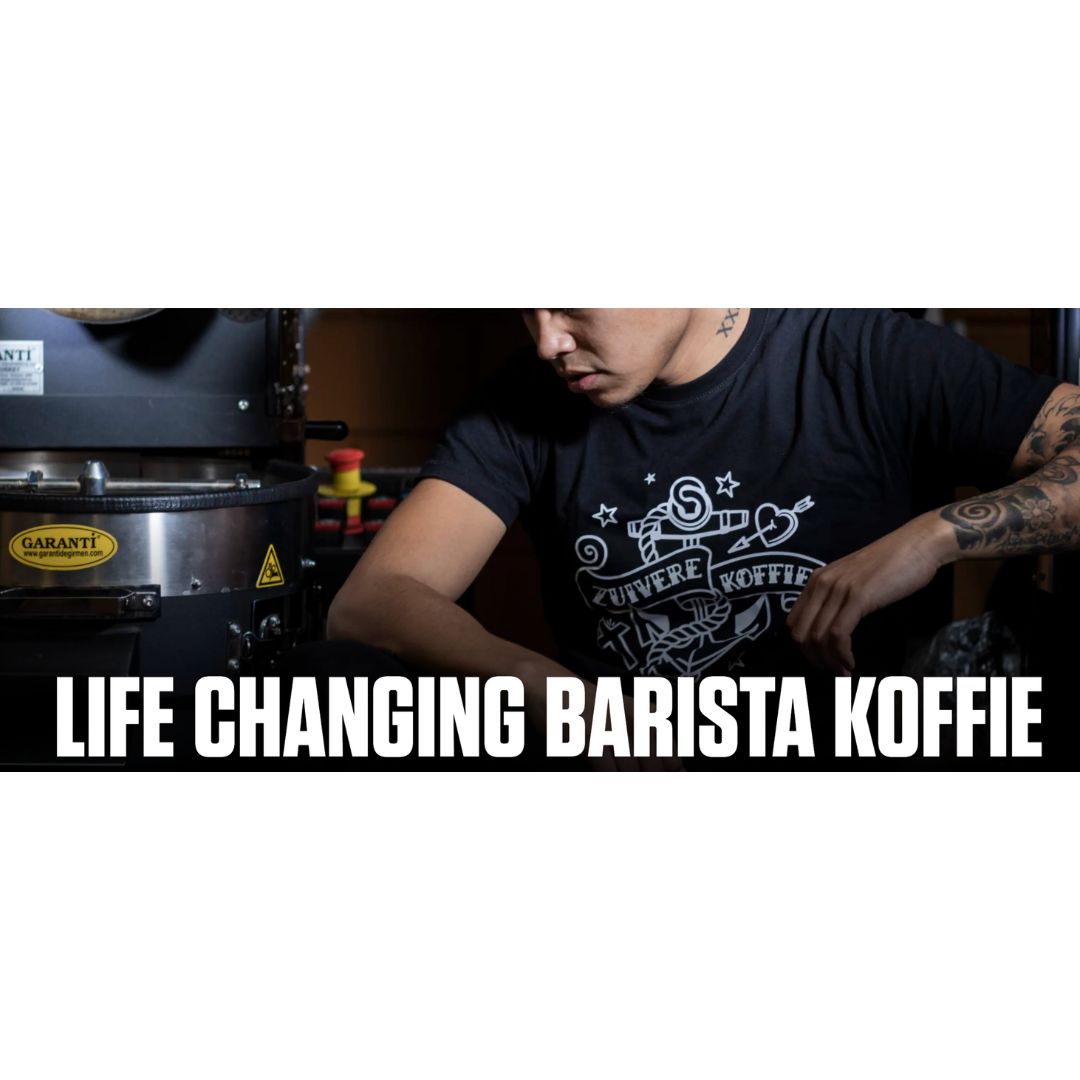
Pure Coffee: LIFE CHANGING BARISTA COFFEE
Learning Lab #2 Work
In many countries people in prison earn less that €1 per hour. Paying people normal wages is a crucial step for people to feel part or society. How can this be organized in small-scale detention houses? What could people living in a detention houses offer to the community and what employment can the community offer the people in the detention house? Could a social enterprise be a good model to be linked to a detention house? And what changes need to be made on a policy level in order for people to be able to have a job during their time in detention houses.
https://www.youtube.com/watch?v=QPtz6wmSvZo&list=PLhE3AoSm_fpswHrJ4WwHhhJ8v25nZd6QT&index=9
previous
METHODOLOGY
next
MONITORING
previous
METHODOLOGY
next
MONITORING
